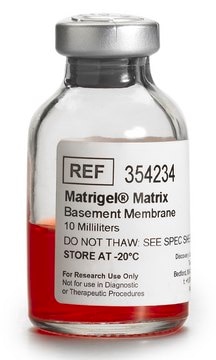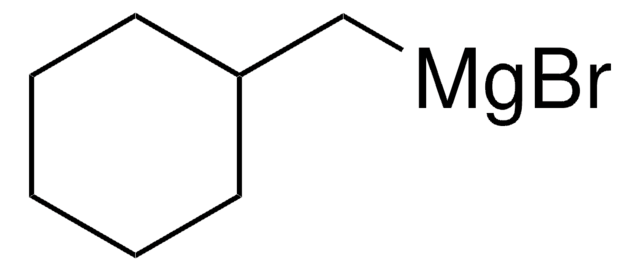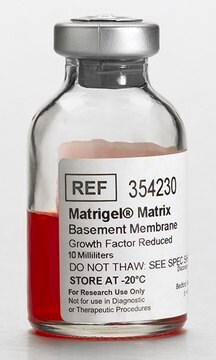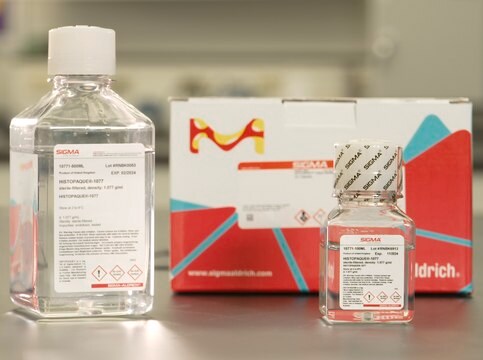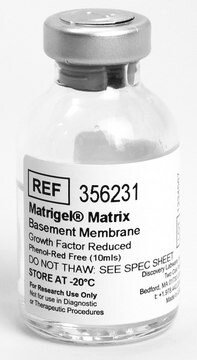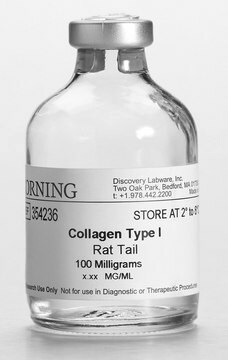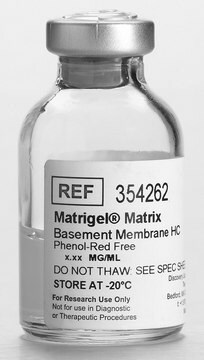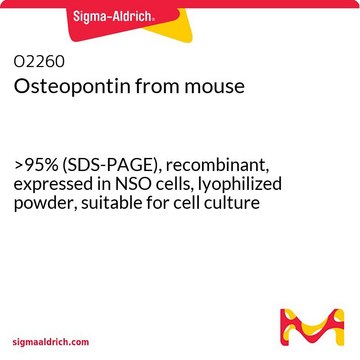SRP6383
CD319/SLAMF7/CRACC human
recombinant, expressed in HEK 293 cells, ≥95% (SDS-PAGE)
Synonym(s):
19A, CS1, FOAP-12
About This Item
Recommended Products
biological source
human
recombinant
expressed in HEK 293 cells
tag
6-His tagged (C-terminus)
Assay
≥95% (SDS-PAGE)
form
lyophilized
mol wt
calculated mol wt 23.2 kDa
observed mol wt 33-48 kDa (DTT-reduced. Protein migrates due to glycosylation. Ser 23 is the predicted N-terminus.)
packaging
pkg of 10 μg
pkg of 50 μg
impurities
<1 EU/μg endotoxin (LAL test)
UniProt accession no.
shipped in
wet ice
storage temp.
−20°C
Gene Information
human ... SLAMF7(57823)
General description
SLAM family member 7 (SLAMF7) is also known as CD2-like receptor-activating cytotoxic cells (CRACC), membrane protein FOAP-12, CD antigen CD319, Novel Ly9, Protein 19A, which is a single-pass type I membrane protein and a member of the CD2 family of cell surface receptors. SLAMF7 is expressed in spleen, lymph node, peripheral blood leukocytes, bone marrow, small intestine, stomach, appendix, lung and trachea. SLAM F7 (signaling lymphocytic activation molecule F7) receptors are expressed on immune cells such as activated T cells, most B cells, antibody-producing plasma cells and natural killer cells and also on myeloid cells. The SLAMF7 gene is mapped to human chromosome 1q23.3.
Biochem/physiol Actions
Physical form
Reconstitution
Storage Class Code
11 - Combustible Solids
WGK
WGK 3
Flash Point(F)
Not applicable
Flash Point(C)
Not applicable
Certificates of Analysis (COA)
Search for Certificates of Analysis (COA) by entering the products Lot/Batch Number. Lot and Batch Numbers can be found on a product’s label following the words ‘Lot’ or ‘Batch’.
Already Own This Product?
Find documentation for the products that you have recently purchased in the Document Library.
Our team of scientists has experience in all areas of research including Life Science, Material Science, Chemical Synthesis, Chromatography, Analytical and many others.
Contact Technical Service
